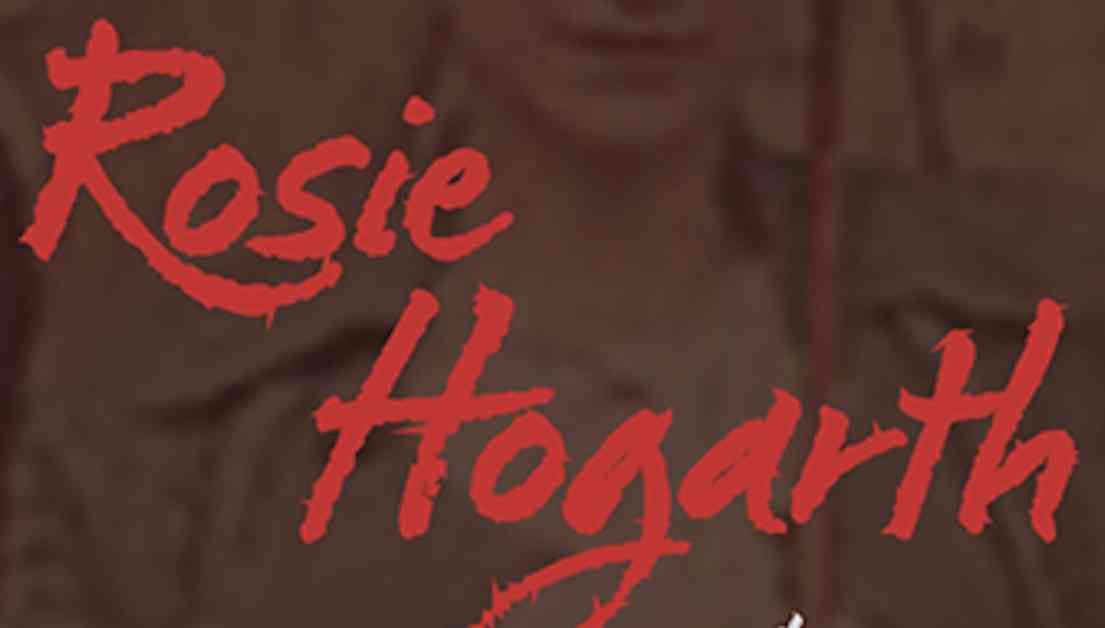Exploring London Fiction: Rosie Hogarth by Alexander Baron
In the heart of post-war working-class Islington lies the fictitious Lamb Street, where the characters of Alexander Baron’s novel “Rosie Hogarth” come to life. The novel delves into the complexities of the community, touching on themes of conservatism and discontent that resonate with readers to this day.
A Glimpse into the Author’s Life
Alexander Baron, born Joseph Alexander Bernstein in 1917, was a product of Hackney, a place filled with history and character. Growing up in this vibrant neighborhood, Baron found inspiration for his writing and activism, shaping his perspective on the world around him.
In his youth, Baron was deeply involved in Labour politics, advocating against fascists in the East End alongside his friend Ted Willis, who later became a renowned writer and life peer. These experiences laid the foundation for Baron’s exploration of social issues in his novels, including “Rosie Hogarth.”
Unveiling the Characters of Lamb Street
At the heart of Baron’s novel is Jack Agass, a local man seeking solace and stability in the familiar streets of Islington. His interactions with Rosie Hogarth, the orphan who becomes his romantic obsession, reveal the underlying tensions within the community. Rosie’s dedication to communism contrasts sharply with Jack’s desire for a simpler, more traditional life, highlighting the conflicts that arise when ideologies collide.
Through vivid descriptions of Lamb Street and its inhabitants, Baron paints a picture of a close-knit community bound by working-class values. The changing seasons bring new life to the streets, with neighbors gathering to share stories and watch street performers. However, beneath the surface lies a sense of disillusionment and longing for a past that can never be reclaimed.
Reflections on Rosie Hogarth
As the novel unfolds, readers are drawn into the lives of Jack, Rosie, and their fellow residents, witnessing the complexities of human relationships and societal expectations. Baron’s poignant portrayal of Lamb Street reveals the struggles of individuals caught between the past and the future, searching for meaning in a rapidly changing world.
“Rosie Hogarth” serves as a timeless exploration of human nature and the enduring power of community. Baron’s vivid prose and insightful characterizations offer readers a glimpse into a world filled with hope, despair, and the eternal quest for connection.
In conclusion, “Rosie Hogarth” stands as a testament to Alexander Baron’s talent as a storyteller and social commentator. As readers immerse themselves in the streets of Islington, they are reminded of the enduring legacy of London fiction and the profound impact it continues to have on our understanding of the world around us.





















